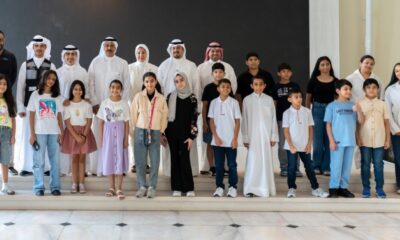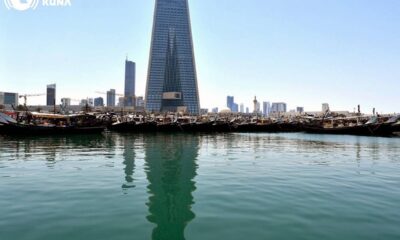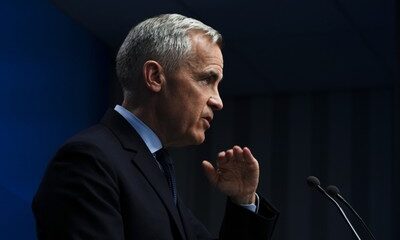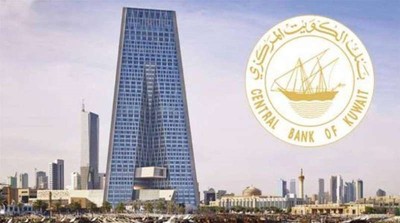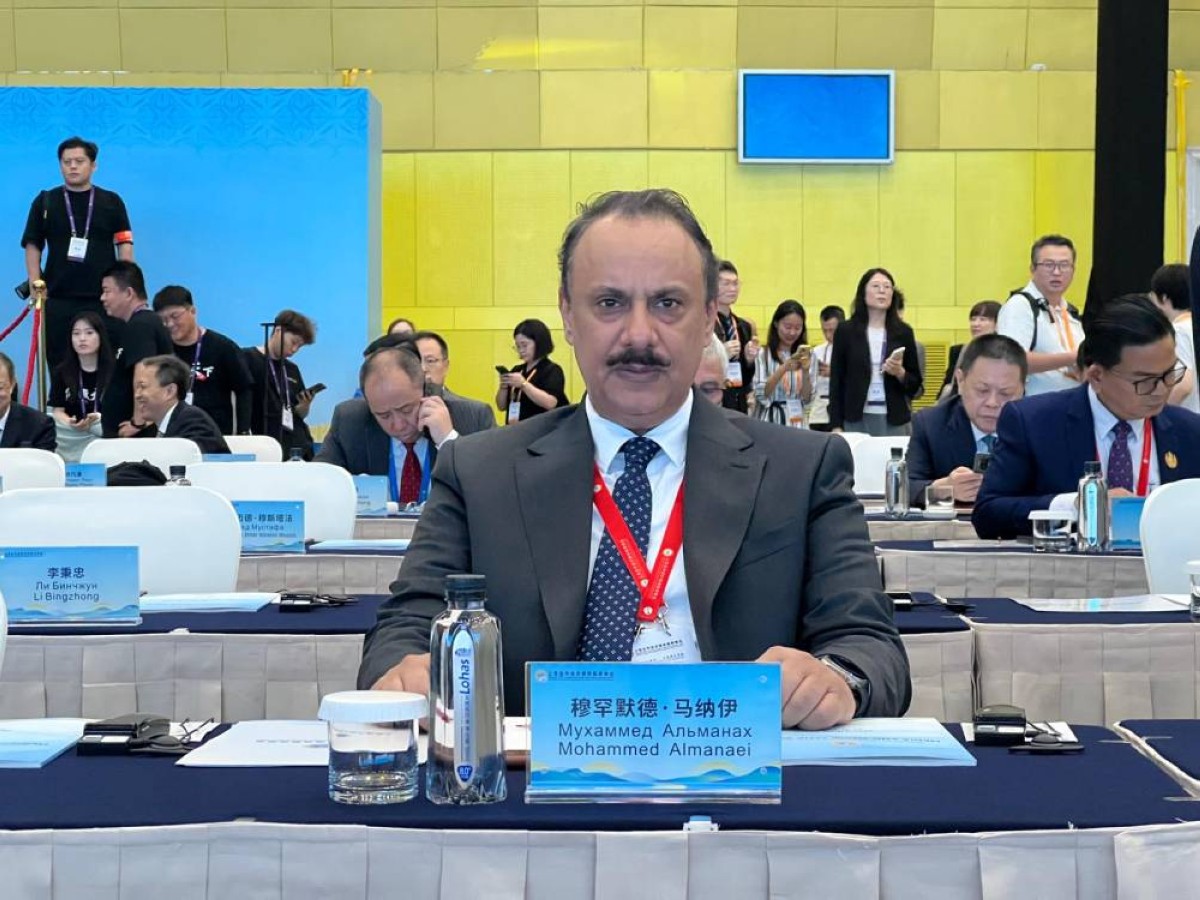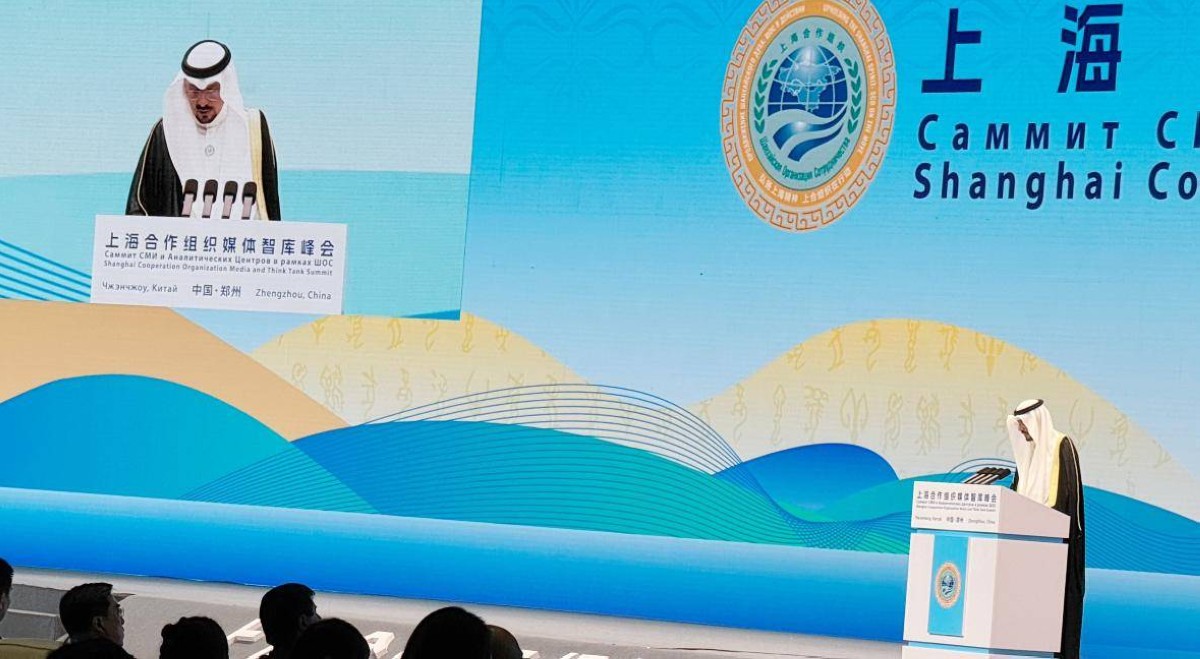Latest News
CBK develops new tech for generating cryptographic keys
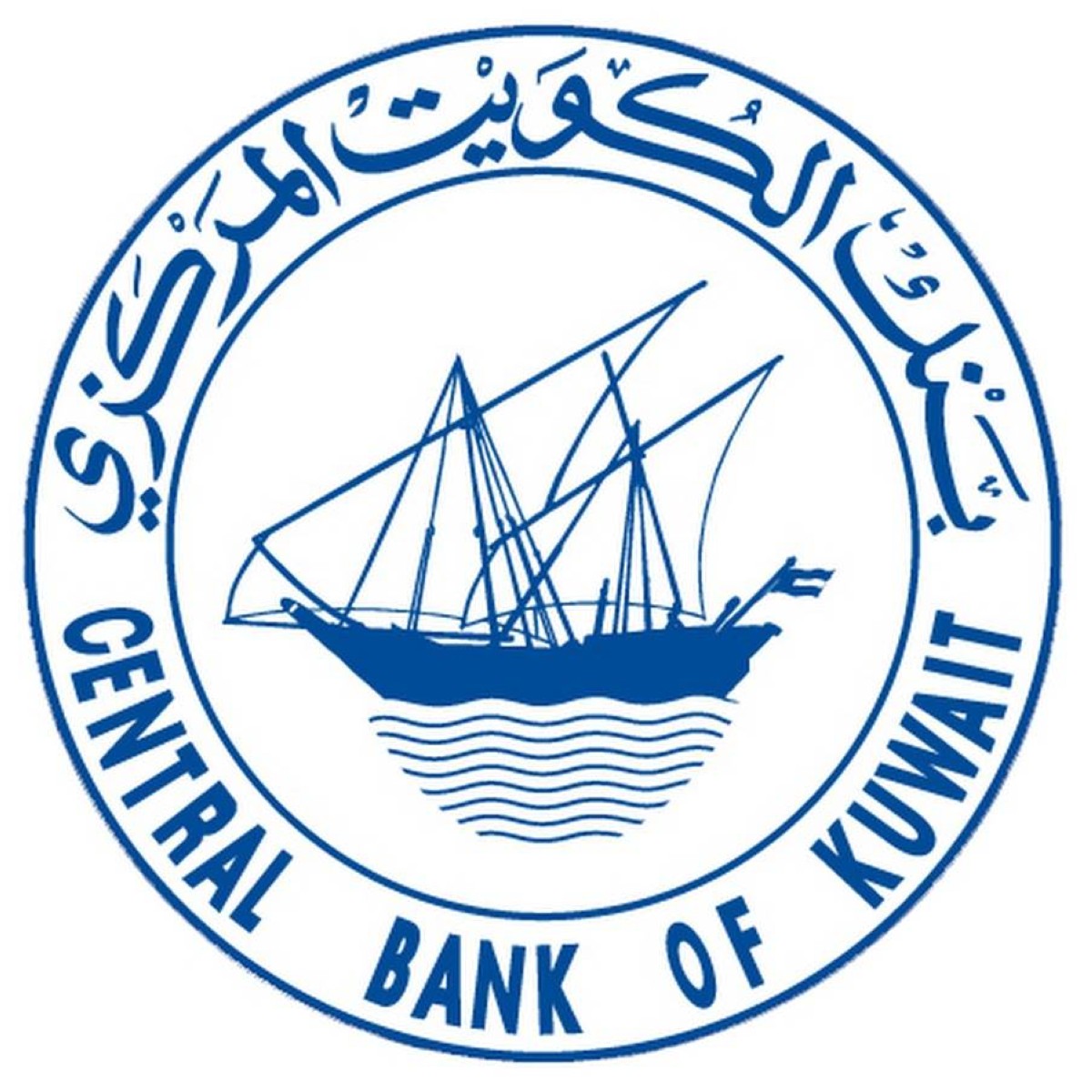
Latest News
KUNA Chief highlights Kuwait’s leadership in media, culture
Latest News
Kuwait Ambassador in China reaffirms support for constructive media dialogue at SCO Conference
Latest News
Kuwait welcomes France’s move to recognize Palestine
-
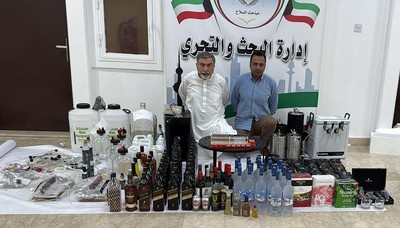
 Politics17 hours ago
Politics17 hours agoKuwait Doctor and Pilot ARRESTED in Ammo and Booze Raid
-
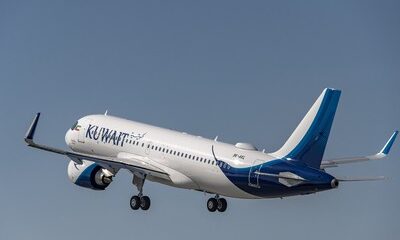
 Business6 hours ago
Business6 hours agoKuwait Airways earns $324 million in Q2 2025, marking 6% growth
-
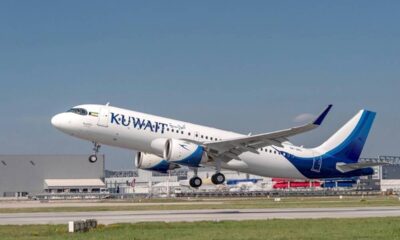
 Latest News5 hours ago
Latest News5 hours agoKuwait Airways reports six pct increase in Q2-‘25 revenues
-
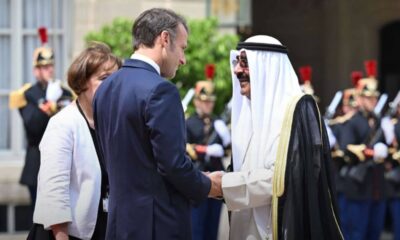
 Latest News4 hours ago
Latest News4 hours agoKuwait welcomes France’s move to recognize Palestine
-
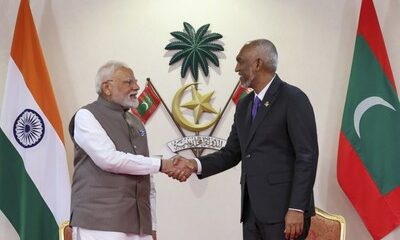
 Business4 hours ago
Business4 hours agoIndia’s Modi announces credit worth $565 million to Maldives and launches free trade talks
-
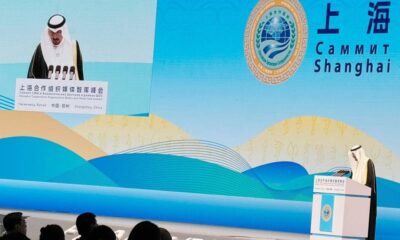
 Latest News2 hours ago
Latest News2 hours agoKuwait Ambassador in China reaffirms support for constructive media dialogue at SCO Conference

